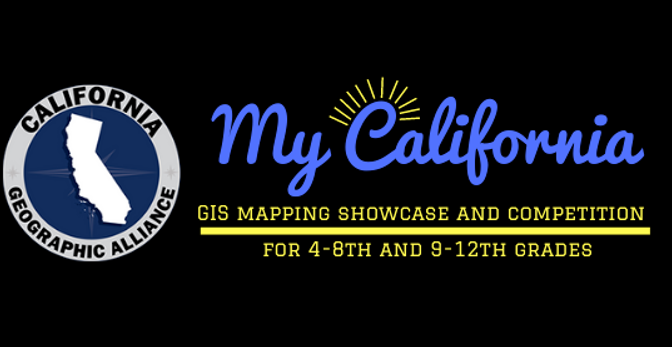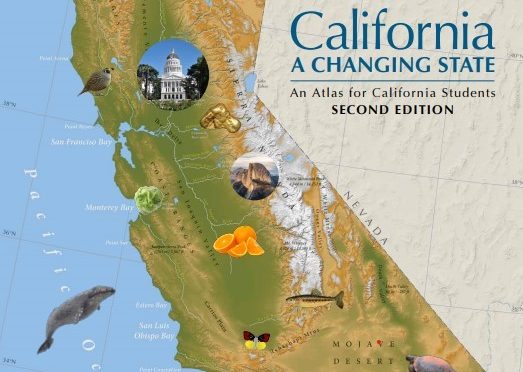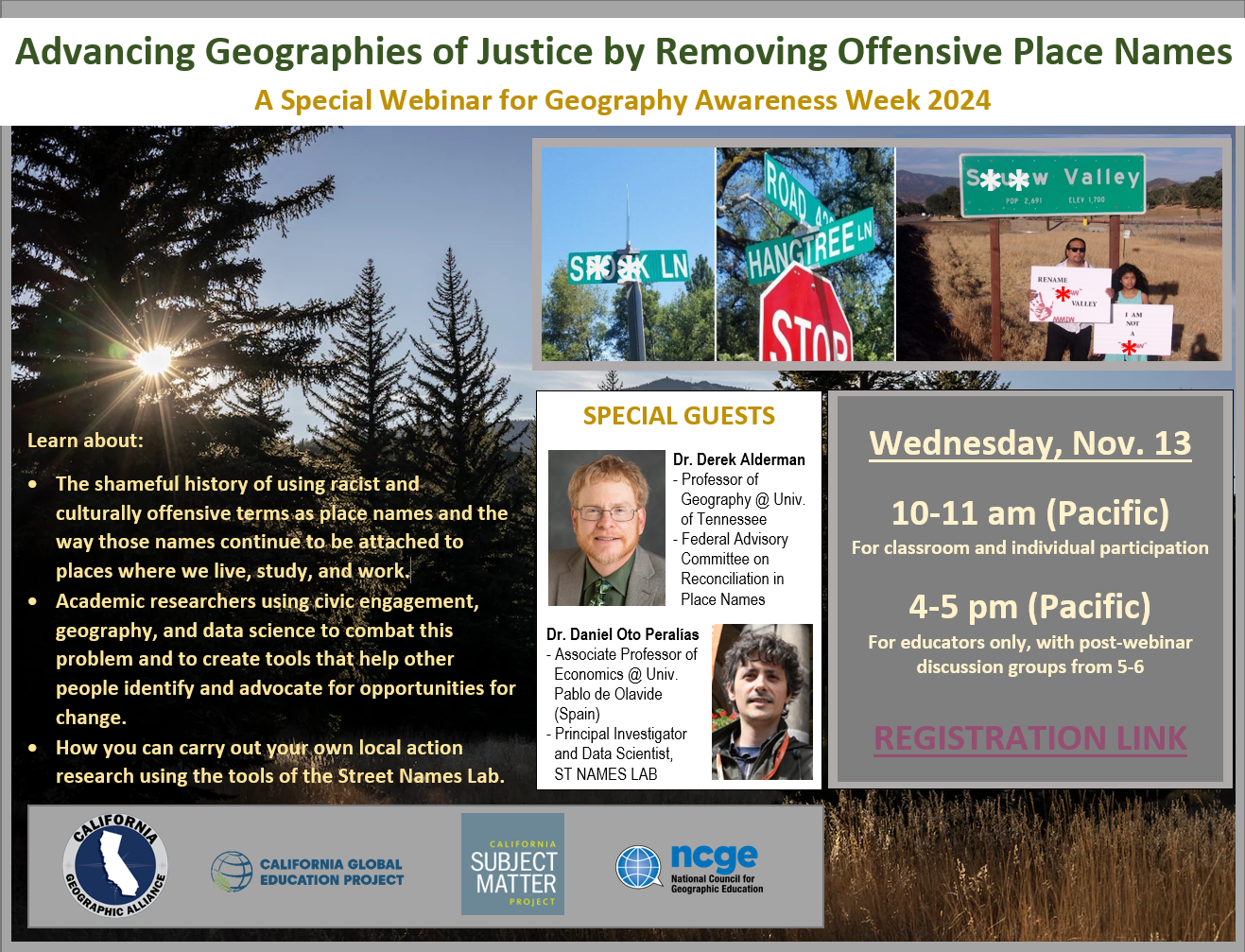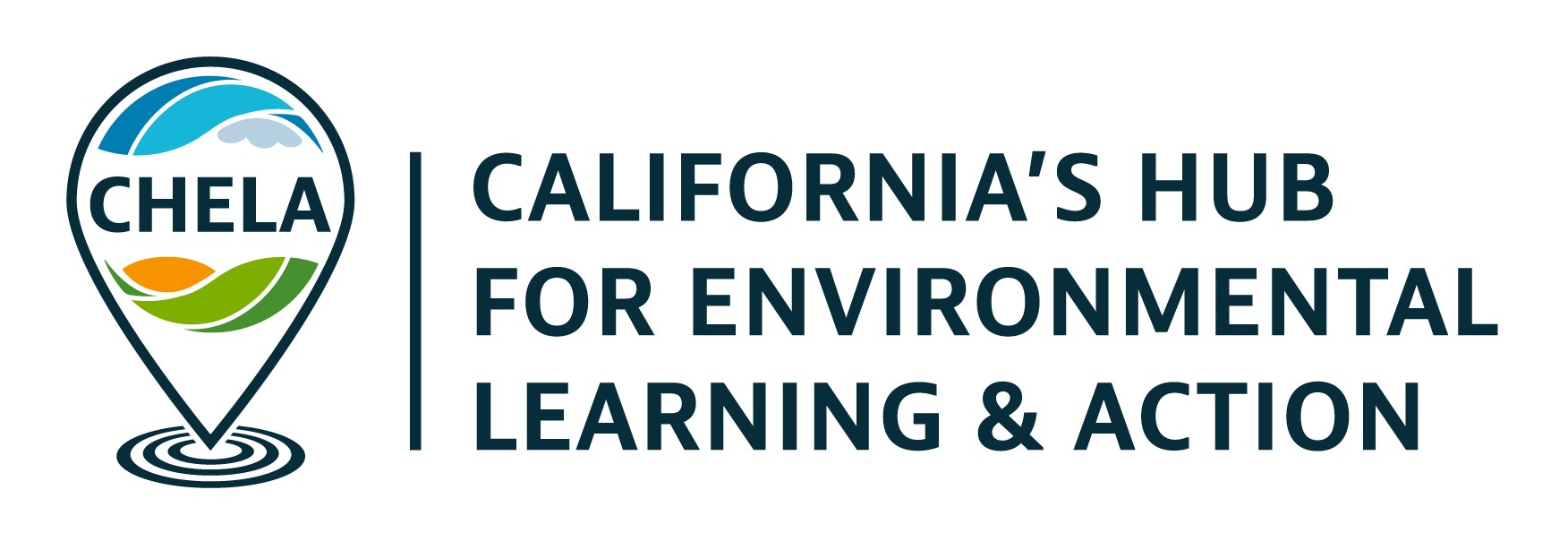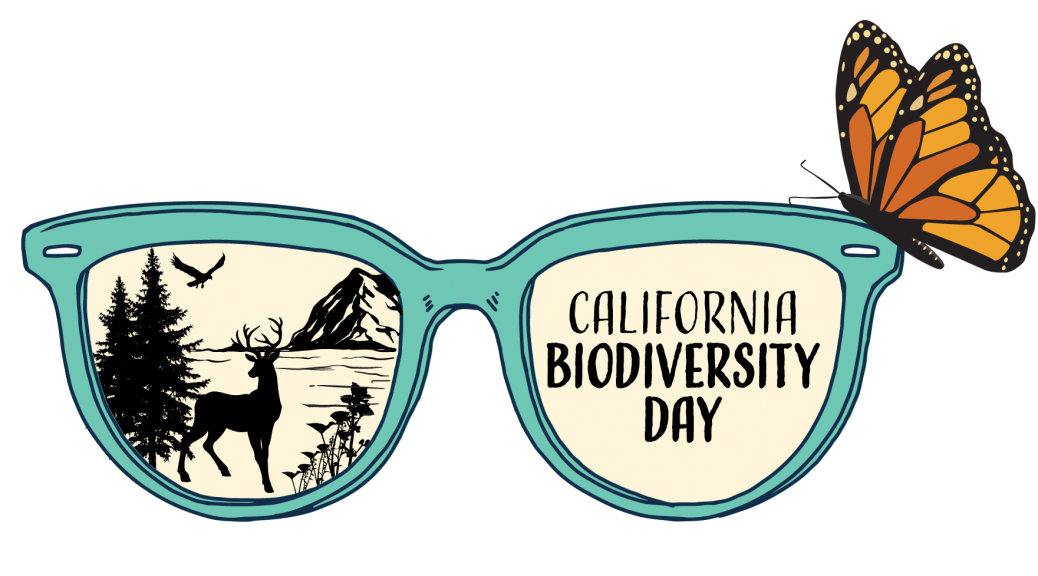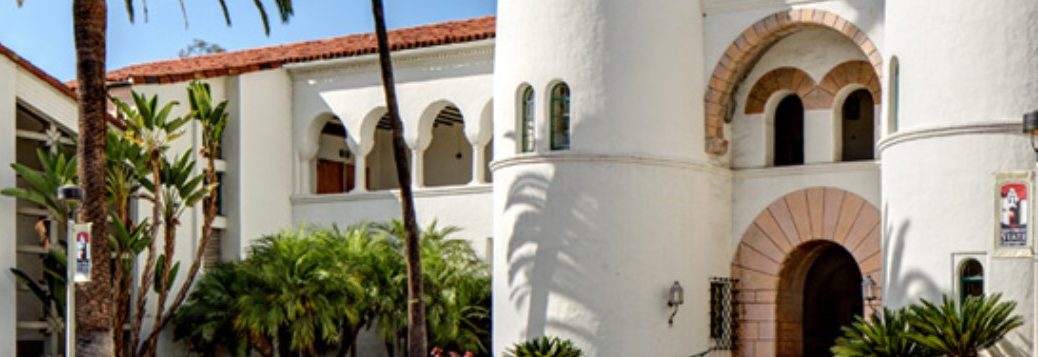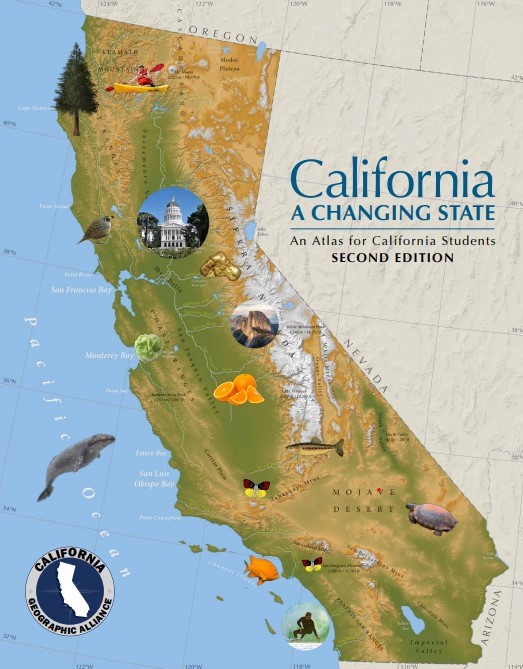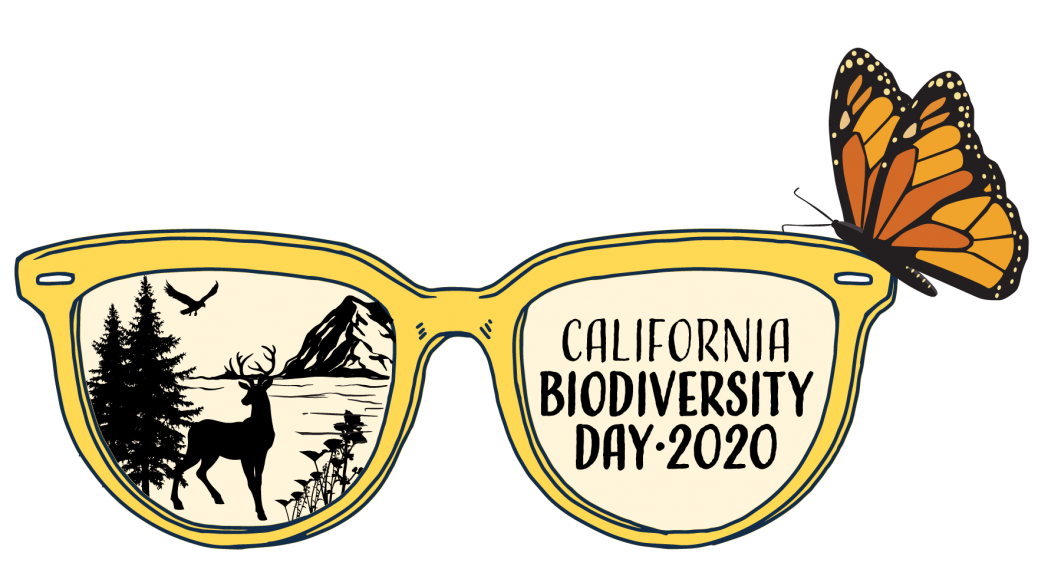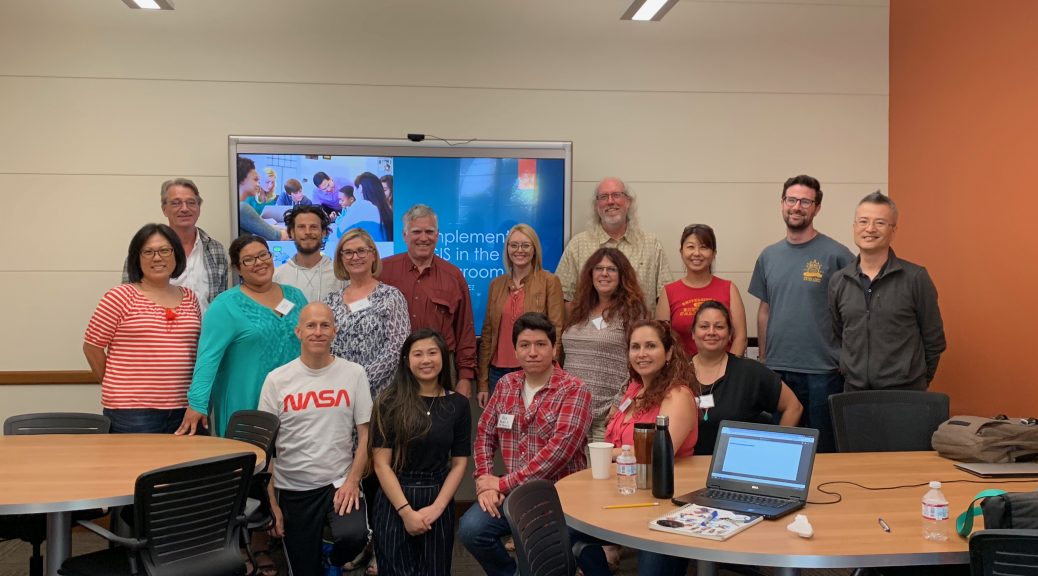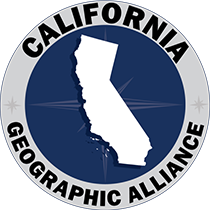California students used Geographic Information Systems (GIS) to address complex issues affecting the state
The California Geographic Alliance is proud to share the work of incredible students from across the state who are the recipient of awards for their submissions to this ninth annual iteration of this competition. The competition encourages middle (4th-8th grade) and high school (9th-12th grade) students to harness the power of Geographic Information Systems. Students choose an issue, story, or event within the state to examine in depth. They use ArcGIS Online to access geographic data and analysis tools and then produce a StoryMap that shares their results and insights.
The competition is coordinated by Dr. Waverly Ray, Professor of Geography at San Diego Mesa College. Dr. Ming-Hsiang Tsou, Professor of Geography at San Diego State University serves as head judge for the competition.
9th-12th Grade Division
The selection of a winning project was exceedingly difficult this year. Awards are being presented to five outstanding projects, and at least one member of our panel of four judges gave three different projects the highest score. Each project was thoughtful, highly relevant, and well-executed. Congratulations to all the students and their teachers and support networks. Each student will receive a certificate from the CGA and a cash award of $50.
1st PLACE – Flora Yuan, Westlake High School, Westlake Village
Beyond the Beacon – How Ecological Recovery at Piedras Blancas Light Station Supports Biodiversity and Climate Adaptation
2nd PLACE – Alfred Isagoli and Jayden Tanner (with Luke Scherrer), Anderson W. Clark Magnet High School, Glendale
Sunny Lots – “Problem: Current energy usage produces excessive greenhouse gases. Solution: Find suitable parking lots for solar panel installation to decrease greenhouse gases!”
3rd PLACE – Alondra Arista and Angelina Joby (with Emahlee Medina), Anderson W. Clark Magnet High School, Glendale
Using GIS to Identify Industrial Polluters – Exposing illegal dumping in L.A. County storm drains.
4th PLACE – Kevin Abbe, Anderson W. Clark Magnet High School, Glendale
Solving Wi-Fi Challenges with GIS Tools – “This project aims to assess Wi-Fi coverage at Anderson W. Clark Magnet High School and propose data-driven solutions for improving network reliability.”
5th PLACE – Austin Zhang, Del Norte High School, San Diego
Smart Park Management: A Drone-Based AI Solution for BMPark – “How can we leverage technology to improve vegetation health monitoring and wildfire risk mitigation at state/national parks?”
4th-8th Grade Division
A special thank you goes out to the educators who get students in elementary and middle school working with GIS and conducting geographic inquiries. These students will have many years ahead to explore what they learned while completing their projects. In an interesting geographic coincidence, this year’s entries from the younger students tended to come from further north in the state than the entries in the higher grades. Way to go NorCal youth!
 1st PLACE – Tyler Shekou, Ross School, Ross
1st PLACE – Tyler Shekou, Ross School, Ross
Broken Promises – Mapping the secret treaties and broken promises to California’s Indigenous Nations.
2nd PLACE – Sarah Truong and Ava Monroe Layag, Vinewood Elementary, Lodi
How Climate Change Affects California’s Agriculture – “With rising temperatures, droughts, changing weather events– climate change is having a major impact on agriculture in California.”
3rd PLACE – Petey Eichleay and Wesley Abramo, Ross School, Ross
Violent Crime Rate in California Cities – “In this storymap we will be looking into the crime rates in California cities like Oakland, San Francisco, and San Bernardino.”
4th PLACE – Penelope Byrd, Vinewood Elementary, Lodi
California Redwood Trees – “After the gold rush, only 5% of the original growth remained.”
5th PLACE – Teddy Weinstein and Torben Vilhauer, Ross School, Ross
The Evolution of the Tech Industry – History of the Semiconductor

